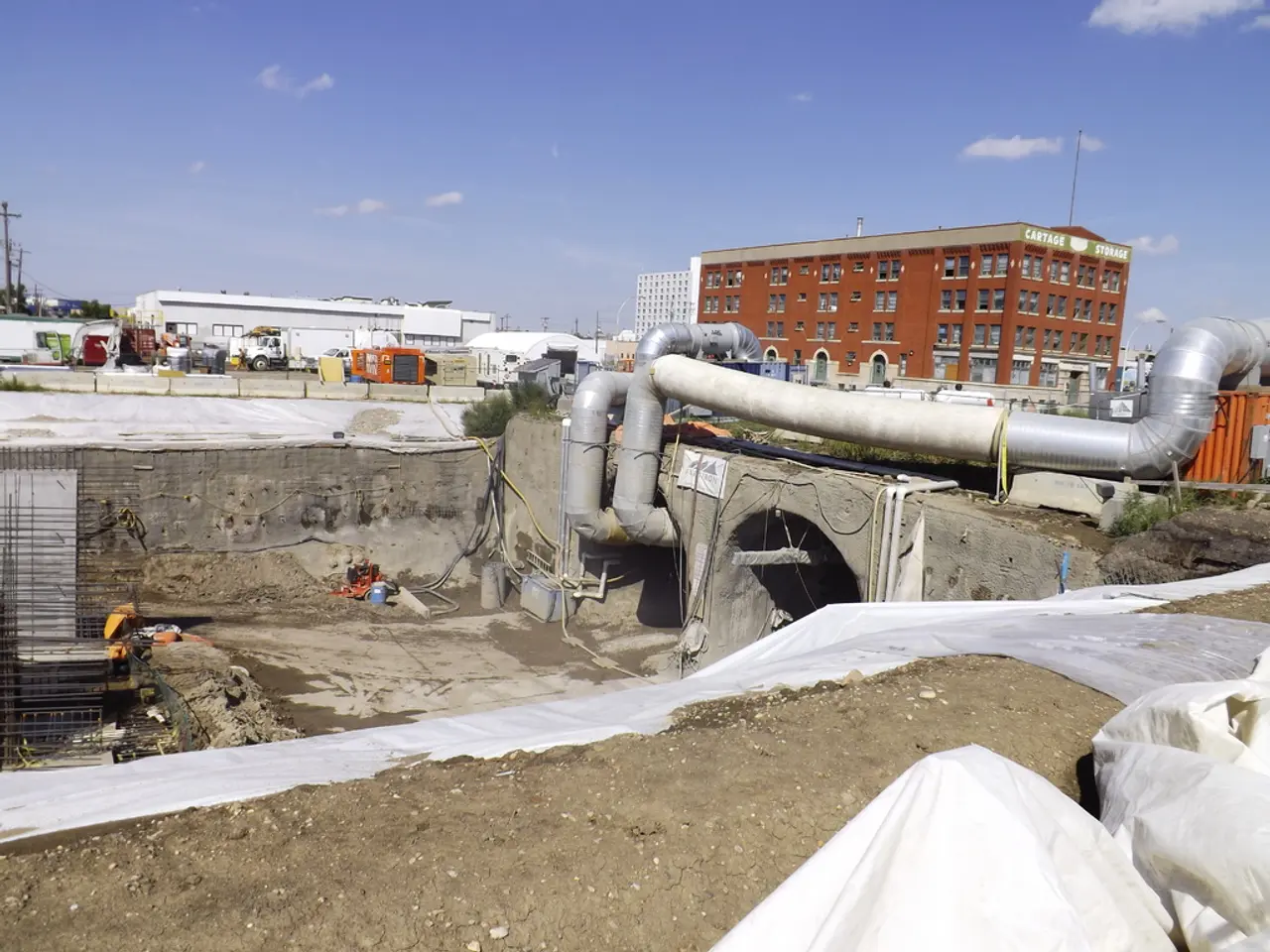Saudi Arabia Boosts Oil Production to Challenge U.S. Shale and Fund Projects
Saudi Arabia has ramped up oil production, aiming to regain market share from Brazil, Guyana, and U.S. shale producers. This move, led by the Saudi Oil Minister, also serves to enforce OPEC discipline and raise funds for domestic projects. Meanwhile, President Trump benefits politically from cheaper Saudi crude.
Brent crude is currently trading at around $65 a barrel, below the $92 needed for Saudi Arabia's budget balance. To sustain spending, the kingdom is resorting to asset sales and increasing debt, with public borrowing expected to reach nearly one-third of GDP this year.
Saudi Arabia's oil diplomacy marks a shift from its strained relationship with the Biden administration. By increasing output, it aims to score points with Trump and recapture lost market share. Cheaper Saudi crude has helped lower U.S. gasoline prices, averaging $3.16 a gallon. OPEC+, with Saudi Arabia as the dominant player, controls roughly 40% of global oil output, making its production decisions directly impact global oil prices.
Saudi Arabia's increased oil output, led by its Oil Minister, aims to raise cash for domestic projects and enforce OPEC discipline. While it benefits Trump politically, it also strains U.S. shale producers and Saudi Arabia's own finances at current low stock market prices. The kingdom's oil diplomacy and market share strategy will continue to influence global oil prices and geopolitical dynamics.
Read also:
- THW Marks 75 Years of Saving Lives at Home and Abroad
- Kazakhstan's National Bank Boosts Currency Sales to $1.4 Trillion in Q4
- Duty on cotton imported into India remains unchanged, as U.S. tariffs escalate to their most severe levels yet
- Steak 'n Shake CEO's supposed poor leadership criticism sparks retaliation from Cracker Barrel, accusing him of self-interest







